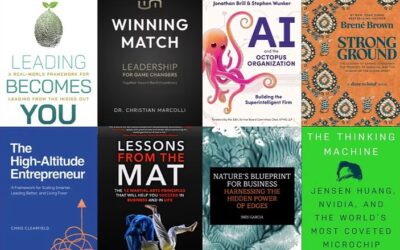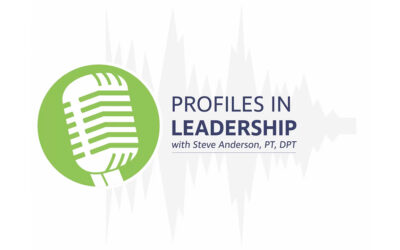A translated excerpt from the CNT article recapping futurist Jonathan Brill’s opening keynote at the SEST SENAT Summit 2025 in São Paulo, Brazil:
According to Brill, within five years, the effects of generative AI will be felt across all sectors of the economy, requiring companies and governments to prepare now for its technological and strategic implications. He emphasizes that the combination of symbolic AI (rules-based) with generative AI (capable of creating content and solutions from large volumes of data) will radically change the way we think, work, and produce wealth.
For him, the biggest challenge isn’t technological, but cultural. Changing an organization’s architecture takes about two years, and changing its culture takes seven. “We have a few years to define how we’ll use AI, but the cultural transformation needs to start now.”
For Brill, AI won’t eliminate jobs, but rather redefine their value. In the case of truck drivers, for example, the role goes far beyond driving: it involves ensuring the safety of cargo. Thus, the positions will continue to exist, but with new responsibilities.
His final message was clear: companies should view artificial intelligence not as a threat, but as an opportunity. “Don’t think about how you’ll be overtaken by competitors, but how you can ride this tide to thrive. AI isn’t just a wave, it’s the turning of the tide.”



